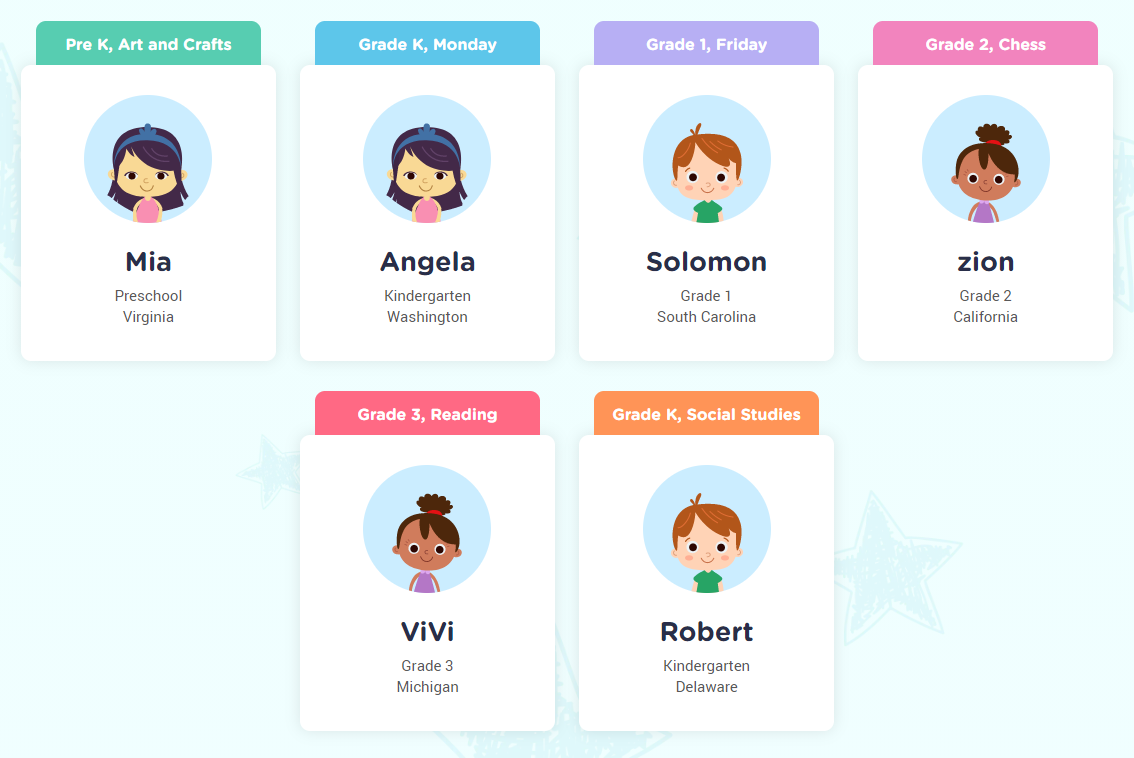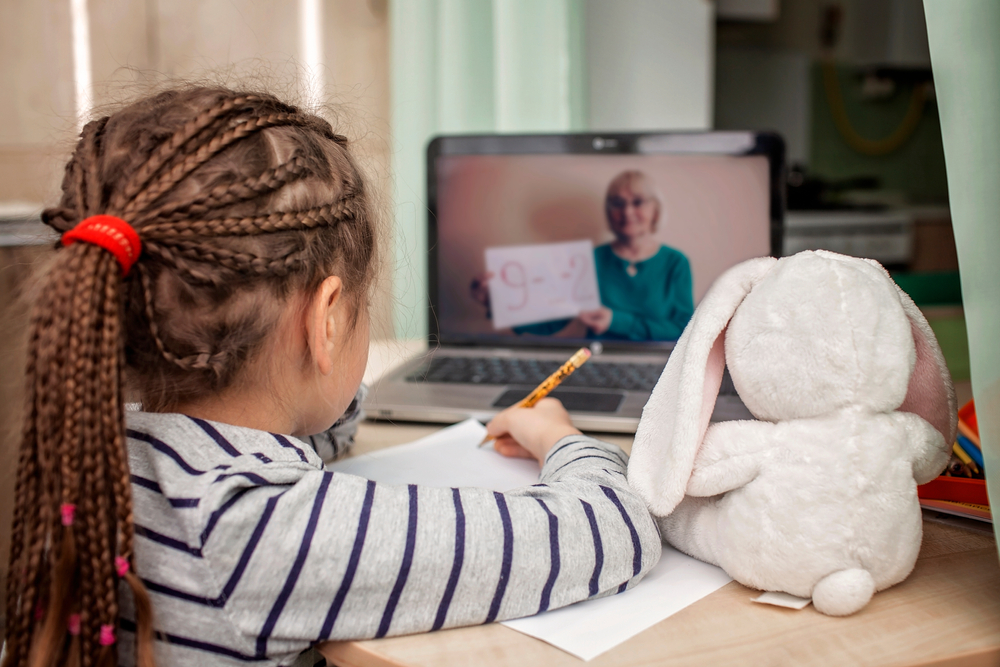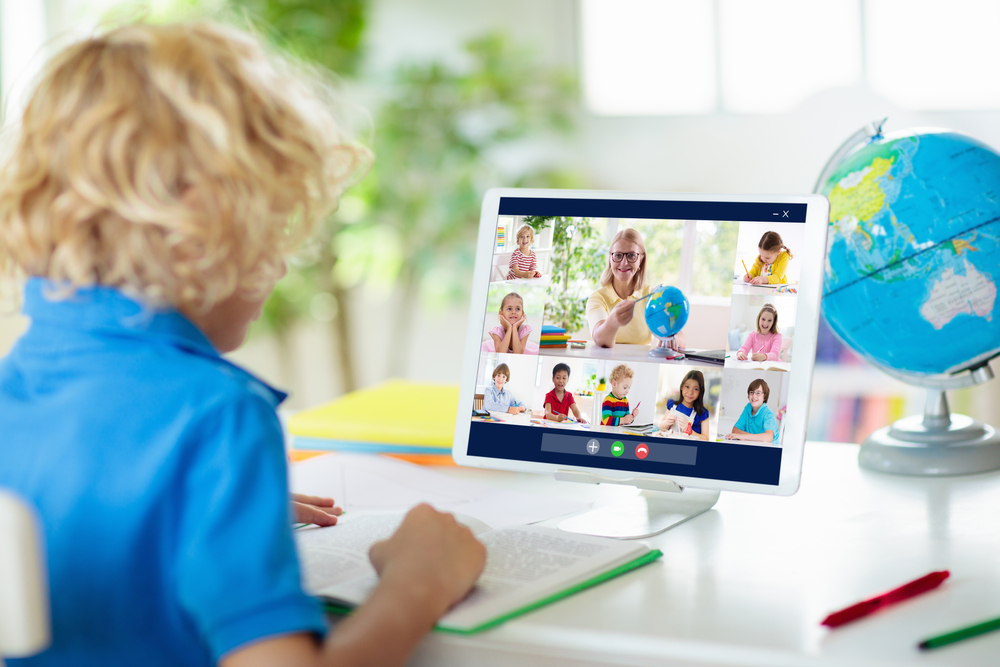Normal Reading Non-Fiction worksheets activities for Ages 5-9
4 filtered results
-
From - To
Welcome to our engaging Normal Reading Non-Fiction Worksheets for Ages 5-9! Designed to foster a love for reading, these interactive activities help young learners explore the fascinating world of non-fiction. Each worksheet encourages critical thinking skills, comprehension, and vocabulary expansion through fun and relatable topics. Perfect for classroom use or at-home learning, our resources support early literacy while promoting curiosity about the world around them. From identifying main ideas to answering questions, your child will enjoy a hands-on approach to learning. Dive into our collection today and make reading an exciting adventure for your little ones!
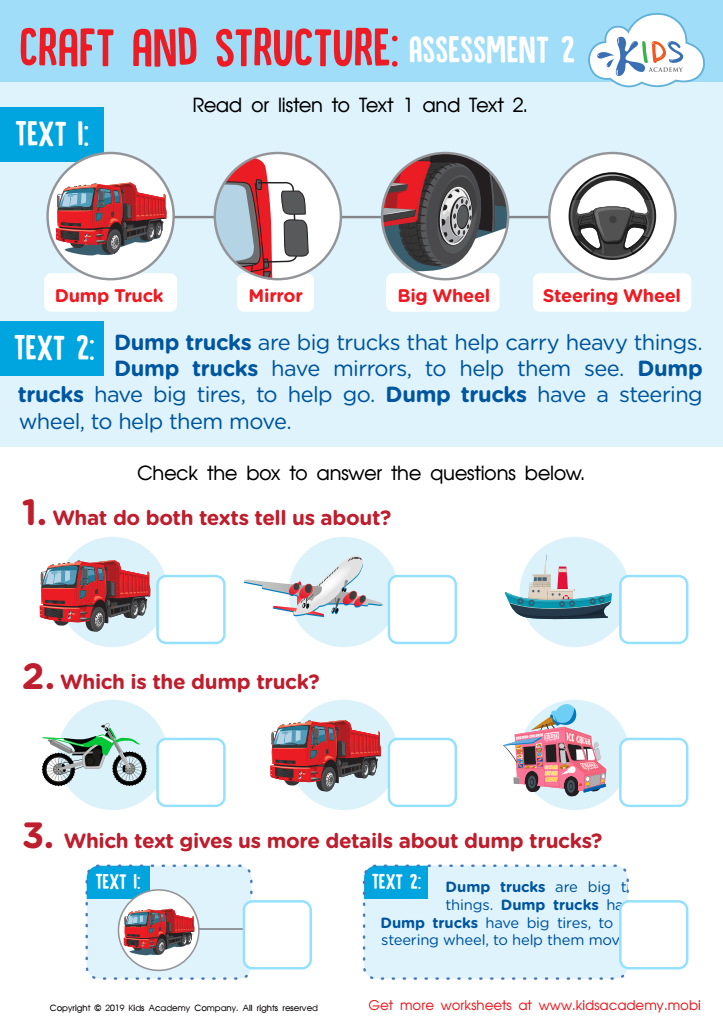

Craft and Structure: Assessment 2 Worksheet
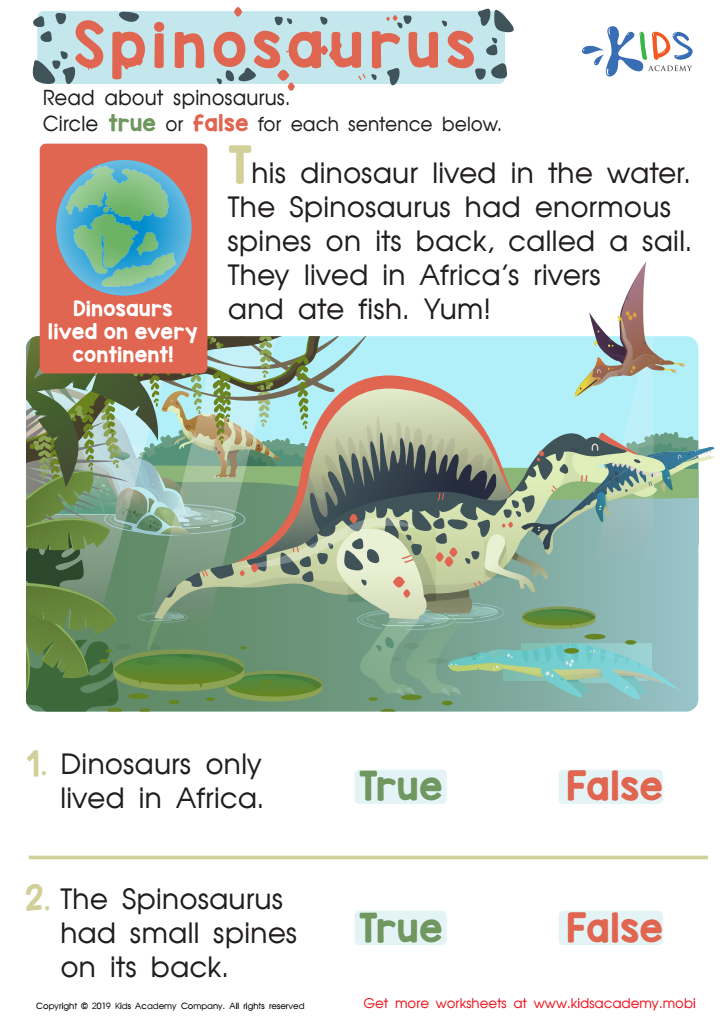

Spinosaurus Assessment Worksheet
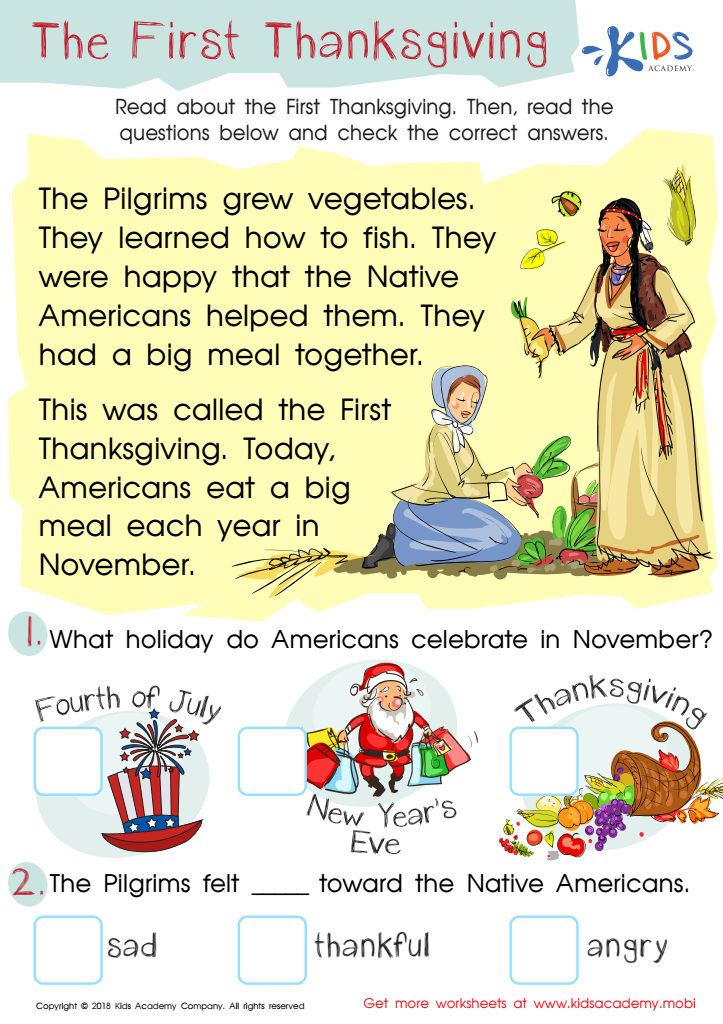

Assessment: First Thanksgiving Worksheet
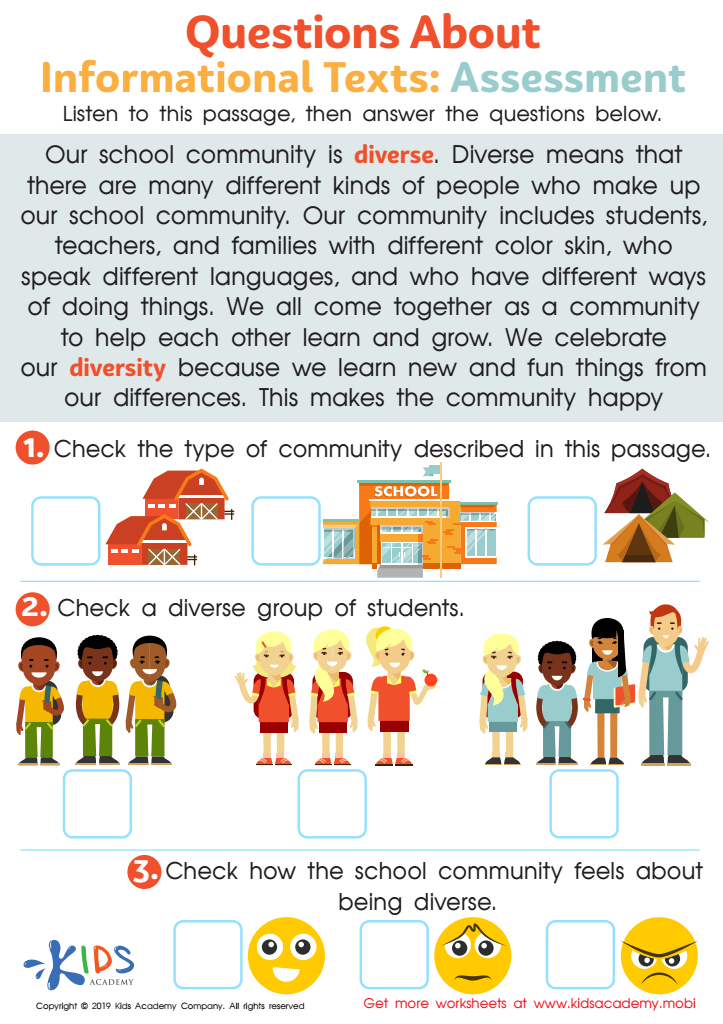

Questions About Informational Texts: Assessment 1 Worksheet
Parents and teachers should prioritize Normal Reading Non-Fiction activities for children aged 5-9 because these activities play a crucial role in early literacy development and broaden a child’s understanding of the world. At this age, children are naturally curious about their surroundings, and non-fiction texts cater to this curiosity by introducing them to a variety of topics including animals, science, history, and more.
Engaging with non-fiction not only nurtures reading skills—such as vocabulary development, comprehension, and critical thinking—but also fosters a sense of inquiry. It encourages children to ask questions and seek answers, helping them develop important research skills early on. Moreover, non-fiction reading can connect to real-life experiences, enhancing meaningful discussions between parents, teachers, and children.
As children learn to navigate different text structures and formats found in non-fiction, they gain vital literacy skills that are increasingly important in our information-driven society. Through these activities, children become more informed individuals, capable of understanding complex ideas, and forming educated opinions about the world. Consequently, prioritizing Normal Reading Non-Fiction not only supports literacy but also empowers children to become lifelong learners and critical thinkers.
 Assign to My Students
Assign to My Students




